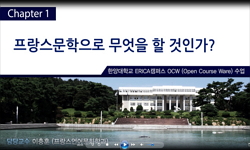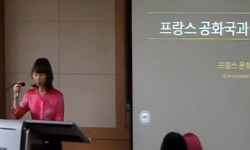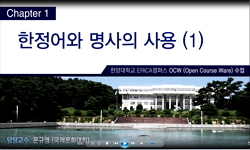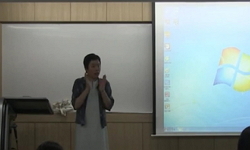Chinese Confucian thought shared in the development of Western egalitarian thought and political democratic thought during the 17th and 18th centuries. The resulting penetration of Confucian thought into western society naturally had a considerable ef...
http://chineseinput.net/에서 pinyin(병음)방식으로 중국어를 변환할 수 있습니다.
변환된 중국어를 복사하여 사용하시면 됩니다.
- 中文 을 입력하시려면 zhongwen을 입력하시고 space를누르시면됩니다.
- 北京 을 입력하시려면 beijing을 입력하시고 space를 누르시면 됩니다.
明·淸時代 儒敎思想과 프랑스 啓蒙主義思想의 機能的 關係 = The Functional Relationship between Confucian Thought and the Thought of the French Enlightenment in the Ming-Ching Period
한글로보기https://www.riss.kr/link?id=A75001302
-
저자
유병구 (가천길대학 응급구조과)
- 발행기관
- 학술지명
- 권호사항
-
발행연도
1998
-
작성언어
Korean
-
주제어
명·청시대 ; 유교사상 ; 프랑스 ; 계몽주의사상 ; Ming-Ching ; French Enlightenment
-
KDC
511.000
-
자료형태
학술저널
-
수록면
323-336(14쪽)
- 제공처
-
0
상세조회 -
0
다운로드
부가정보
다국어 초록 (Multilingual Abstract)
Chinese Confucian thought shared in the development of Western egalitarian thought and political democratic thought during the 17th and 18th centuries. The resulting penetration of Confucian thought into western society naturally had a considerable effect on the formation of modern western thought as a whole.
In fact, China was one Asian country that undoubtedly stimulated the greatest in 18th Century France, and exerted the strongest influence on French philosophers.
The principal aim of this paper is to research how the thought of the Enlightenment arose in the French and to examine its relationship to Confucian thought during the course of its development.
This is because there exist many points in common between the libertarian and humanistic setting in which democracy grew and Chinese philosophical tradition of the "highest good".
Moreover, one can discover the value of human-heartedness, democratic thought and the spirit of equality espoused by the proponents of the French Enlightenment within the age-old thought of Confucianism itself.
Accordingly, this thesis will examine the philosophical implications of Confucian thought by the thinkers of the French Enlightenment as well as the process of its literary, philosophical and social development.
목차 (Table of Contents)
- 목차
- Abstract = 323
- Ⅰ. 緖論 = 324
- Ⅱ. 啓蒙主義思想의 形成 = 324
- Ⅲ. 儒敎思想의 浸潤 = 326
- 목차
- Abstract = 323
- Ⅰ. 緖論 = 324
- Ⅱ. 啓蒙主義思想의 形成 = 324
- Ⅲ. 儒敎思想의 浸潤 = 326
- Ⅳ. 프랑스 啓蒙主義 思想家들의 儒敎觀 = 328
- 1. Voltaire (Francois-Marie Arouet de Voltaire : 1694-1778) = 328
- 2. Quesnay (Francois Quesnay : 1694-1774) = 329
- 3. Rousseau (Jean-Jacques Rousseau : 1717-1778) = 330
- 4. Montesquieu (Carles Louis de Secondat, baron de La Brede et de Montesquieu : 1689-1755) = 331
- 5. Diderot (Denis Diderot : 1713-1784) = 334
- Ⅴ. 結論 = 334
- 참고문헌 = 335
동일학술지(권/호) 다른 논문
-
육가공품에 첨가된 비육류 단백질의 분석을 위한 면역측정법
- 京畿專門大學
- 김순미
- 1998
-
한국 당뇨환자의 탄수화물 섭취수준이 혈액성상에 미치는 영향
- 京畿專門大學
- 조우균
- 1998
-
- 京畿專門大學
- 오규종
- 1998
-
- 京畿專門大學
- 이상순
- 1998




 RISS
RISS






